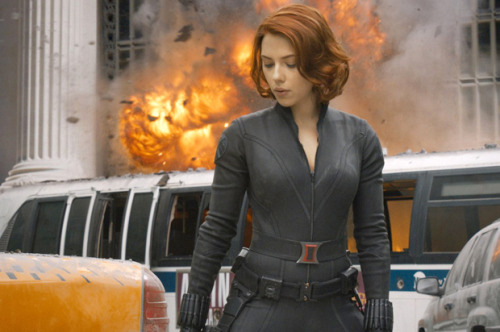salon:andieblogs:turtletot43:turtletot43:salon:I’m not actually a monster, but it sure feels that wa
salon:andieblogs:turtletot43:turtletot43:salon:I’m not actually a monster, but it sure feels that way sometimes. Fertility is a funny thing. It’s not generally a topic of polite conversation because it makes people uncomfortable. But sterility has been a topic of wide conversation lately thanks to the latest Marvel mass installation, “Avengers: Age of Ultron.” In the film, Natasha Romanoff, better known as Black Widow, the trained assassin played by Scarlett Johansson, gets both a new love interest in Mark Ruffalo’s Bruce Banner (aka the Hulk) and an expanded back story that delves into how, at a young age, Natasha was broken down and trained to be a killing machine. The process culminated in forced sterilization, an occurrence she still mourns.Don’t dismiss it as simple baby lust — there’s real and relatable pain in being robbed of the choice to conceive THANK YOU.I have more to say about this, because it gives me a lot of feelings.I’ve gotten the impression - and feel free to correct me on this, because it’s 100% just an intuition - that the majority of women writing negatively about the “monster” comment aren’t actually infertile.Now, I’ve gotten that impression because none of them are writing about the very real, very valid feelings infertile/unwillingly sterilized women have about their bodies and lives.And every time I read something forgiving of this scene, it’s always been from the perspective of a woman who can’t have kids. I know this because they’re all incredibly explicit about it, either feeling empowered about the subject or just feeling the need to justify their opinion that the scene wasn’t offensive. So, feminists and social justice types tend to talk a lot about respecting the words and perspective of minority groups and not telling those groups how they should be feeling. Thus far, the voice of infertile women seems to be saying the same thing: this scene spoke to me, I related to it, and I don’t think it lessened her character. It wasn’t about baby lust, and it wasn’t even really about how infertility made her less of a woman (though that is a real and valid feeling many infertile women share). So maybe some of these very vocal writers need to quiet down for a minute, and listen to the group on whose behalf they’re so offended. I am by no means a Whedon apologista - I would actually consider myself not much of a fan, having not enjoyed Buffy/Angel/Dollhouse much at all (though I am a Firefly fan) but -This. One of my best friends has struggled with infertility for over a decade and this scene reminded me so much of the pain and self-blame and anguish she’s expressed over the years. I understand about different interpretations of text, etc., but I was very taken aback to find out later that people walked away from that scene thinking that the film had condemned Natasha as “a monster” for being unable to conceive. To me, that scene was about two people who had faced a lot of anguish over having their choices stripped from them (I haven’t seen a lot of people mention that Bruce cries out that he’s a monster first, because gamma radiation made him infertile) and see themselves as monstrous because of it. Tragically, that is a perception that people who are infertile often come to form about themselves. There is nothing in the film to suggest that the narrative agrees with it.I’ve been feeling like a lot of people shouting about this scene miss this: That Natasha was able to move past that damaged self-perception she’d been programmed with - that she was broken, a freak and a monster not meant for more than killing - enough to reach out to the one person in her life who abhors violence, make herself vulnerable and try to forge a connection was, to me, an extremely empowering and healing moment for the character. Not to mention terribly brave. Some great responses. Thanks. -- source link
Tumblr Blog : salon.tumblr.com
#natasha romanoff

